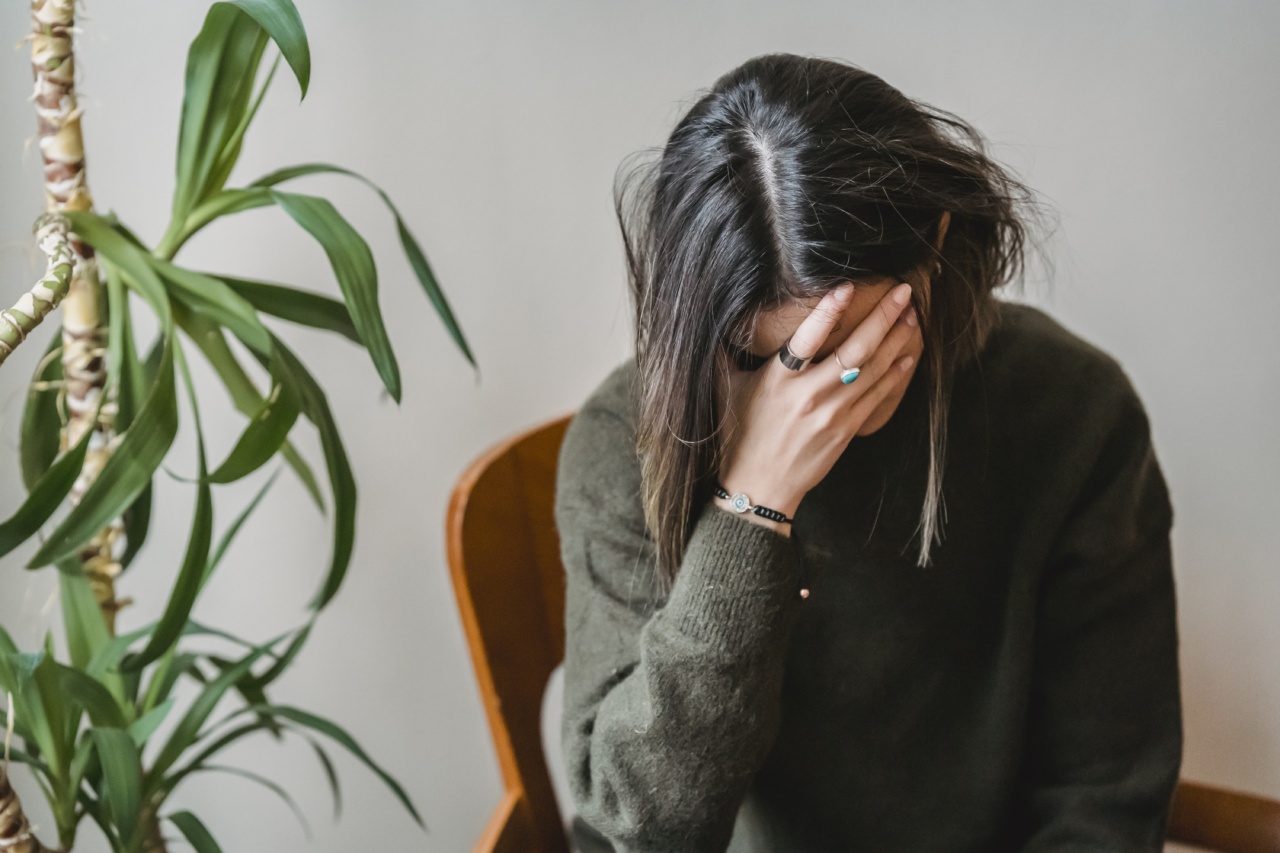Anxiety is a common condition that affects millions of people around the world. It can cause feelings of unease, nervousness, and fear, which can be disruptive to daily life.
While there are many medications and therapies available to help manage anxiety, there are also natural remedies that can be incorporated into your daily routine. One such remedy is through the foods we eat and certain relaxation techniques that can help calm anxiety. In this article, we will explore some foods and tricks that can help alleviate anxiety and promote a state of calmness.
Foods to Help Calm Anxiety
The saying “you are what you eat” holds true when it comes to managing anxiety. Certain foods have been found to have a calming effect on the body and mind.
By incorporating these foods into your diet, you can potentially reduce anxiety symptoms. Here are some anxiety-calming foods to consider:.
1. Green Leafy Vegetables
Green leafy vegetables such as spinach, kale, and Swiss chard are rich in magnesium. Magnesium has been found to play a key role in regulating brain function and promoting relaxation.
Adding a serving or two of these vegetables to your daily meals can help calm anxiety.
2. Blueberries
Blueberries are packed with antioxidants that help combat stress and anxiety. They also contain vitamins C and E, which have been shown to boost mood and reduce anxiety symptoms.
Incorporate a handful of blueberries into your morning cereal or yogurt for a delicious anxiety-reducing breakfast.
3. Salmon
Salmon is an excellent source of omega-3 fatty acids, which have been linked to reducing anxiety symptoms. Omega-3s are known for their anti-inflammatory properties and can help balance neurotransmitters in the brain associated with anxiety.
Enjoy a grilled salmon fillet for dinner to reap the anxiety-calming benefits.
4. Chamomile Tea
Chamomile tea has long been used as a natural remedy for anxiety and insomnia. It contains a compound called apigenin, which helps calm the central nervous system and promote relaxation.
Sip on a warm cup of chamomile tea before bedtime to soothe anxiety and enhance sleep quality.
5. Dark Chocolate
Dark chocolate, in moderation, can help alleviate anxiety due to its rich content of flavonoids. Flavonoids have been shown to reduce stress hormones and promote a sense of relaxation.
Enjoy a small piece of dark chocolate as a guilt-free treat to reduce anxiety symptoms.
Relaxation Techniques to Calm Anxiety
In addition to incorporating anxiety-reducing foods into your diet, there are also various relaxation techniques that can help calm your mind and promote a sense of well-being. Here are some effective relaxation techniques for anxiety:.
1. Deep Breathing Exercise
Deep breathing is a simple yet effective technique for reducing anxiety. Take a deep breath in through your nose, allowing your abdomen to rise, then slowly exhale through your mouth.
Repeat this deep breathing exercise for a few minutes to activate the body’s relaxation response and calm your mind.
2. Progressive Muscle Relaxation
Progressive muscle relaxation involves tensing and then releasing each muscle group in your body. Starting from your toes and working your way up to your head, tense each muscle group for a few seconds, then release the tension.
This technique helps promote physical and mental relaxation, relieving anxiety symptoms.
3. Mindfulness Meditation
Mindfulness meditation involves focusing your attention on the present moment without judgment. Find a quiet place, sit comfortably, and focus on your breath or a specific sensation.
As thoughts arise, gently bring your attention back to your chosen focus. Practicing mindfulness meditation daily can help reduce anxiety and improve overall well-being.
4. Yoga
Yoga combines physical movement, breath control, and meditation to promote relaxation and reduce anxiety. Various yoga poses and sequences help release tension in the body and calm the mind.
Consider attending a yoga class or following an online tutorial to incorporate this powerful relaxation technique into your routine.
5. Aromatherapy
Aromatherapy involves using essential oils to promote relaxation and reduce anxiety. Lavender, chamomile, and bergamot are popular essential oils known for their calming properties.
Place a few drops of your chosen essential oil in a diffuser or directly inhale the scent to experience its anxiety-reducing effects.
Incorporating anxiety-calming foods into your diet and practicing relaxation techniques can be powerful tools in managing anxiety.
However, it is essential to remember that everyone’s experience with anxiety is unique, and what works for one person may not work for another. If you are struggling with anxiety, it is important to consult with a healthcare professional for personalized advice and guidance.
Conclusion
Anxiety can be overwhelming, but there are natural ways to help manage and lessen its impact.
By incorporating anxiety-calming foods such as green leafy vegetables, blueberries, salmon, chamomile tea, and dark chocolate into your diet, you can support your body and mind’s ability to cope with anxiety. Additionally, practicing relaxation techniques like deep breathing, progressive muscle relaxation, mindfulness meditation, yoga, and aromatherapy can further promote a sense of calmness and well-being.
Remember to be patient with yourself and seek professional help if needed. With a holistic approach, you can take control of your anxiety and live a more peaceful life.































